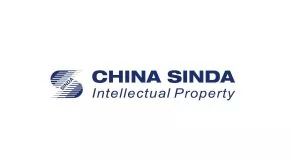On February 22, 2024, the Intellectual Property Court of the Supreme People's Court ("the IP Court") of China released its 2023 Annual Report. The IP Court was launched on January 1, 2019. It serves as the single Second Instance (the effective and typically final instance) court for patent and other IP cases of technical nature nationwide. For the 5-year anniversary of its founding, the Annual Report also included some statistics of cases handled by the IP Court in the past five years. In this newsletter, we would like to share some key data from the report with you.
Key Data of 2023
In 2023, the IP Court continued to see significant increases in both newly received and concluded second-instance (appeal) civil and administrative cases involving technology-related intellectual property matters and anti-monopoly matters (the court's designated subject matter jurisdiction).
During the year, the IP Court received 5,062 new cases, representing an increase of 14.9% over 2022. In total, 4,562 cases were concluded, representing an increase of 31.5%. On average, around 140 cases were assigned to one judge and about 82 cases were concluded by one judge.
Among the newly received second-instance civil cases,1 3,222 were substantive in nature. A large amount of these cases were related to invention patent infringement and, especially, utility model infringement.
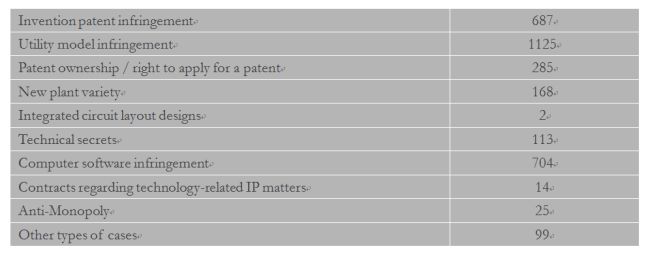
Among the newly received second-instance administrative cases,2 1,277 were substantive in nature. Almost 2/3 of these cases were invalidation cases over invention, utility model and design patents.
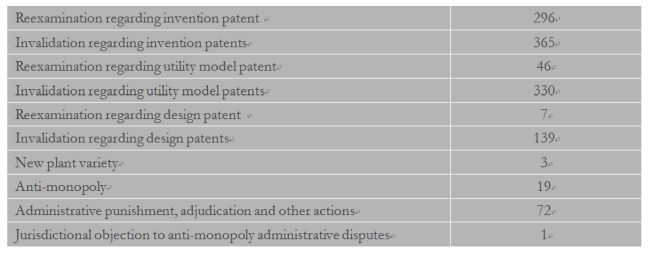
Among the 4,562 concluded second-instance civil and administrative cases, 49.5% were affirmed; 21.5% were withdrawn; 8.1% were settled through court mediation; 19.8% were amended (including remand, modification of judgment, and total or partial reversal); and 1.1% were concluded by other manners.
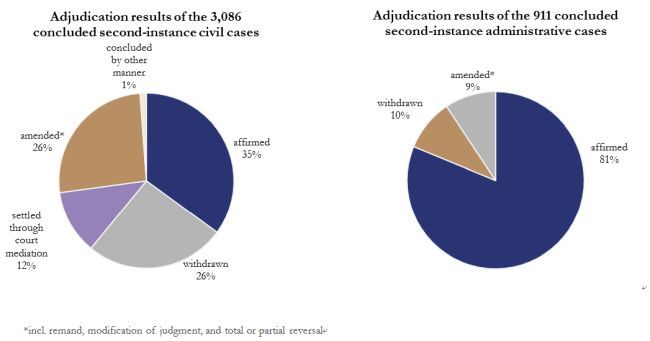
The IP Court received 490 cases that involved a party from a foreign country (421 cases) or Hong Kong/Macau/Taiwan (69 cases), representing 9.7% of the total received cases. Among these foreign related cases, 246 were second-instance civil cases and 244 were second-instance administrative cases. The IP Court concluded 391 cases that involved a foreign or Hong Kong/Macau/Taiwan party, or about 8.6% of the total concluded cases.
Statistics from 2019 to 2023
Since its establishment on January 1, 2019, the IP Court has received a total of 18,924 cases involving technology-related intellectual property matters and anti-monopoly matters. It has concluded 15,710 cases, with an overall closing rate of 83%.
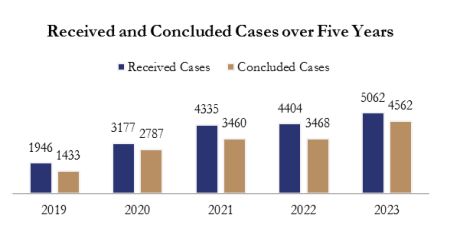
Among the 11,657 received second-instance civil cases, more than the half was invention patent or utility model infringement cases. About 20% were related to computer software infringement; and 8% cases were related to patent ownership or right to apply for a patent.

Among the 4,365 received second-instance administrative cases, over 55% were related to invention patents, either reexamination cases or invalidation cases. About 25% were related to utility model patents, i.e. reexamination cases and invalidation cases.
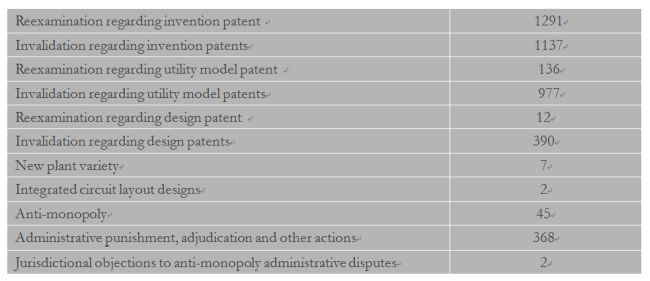
Among the 15,710 concluded second-instance cases, the vast majority, 42% for civil cases and 86% for administrative cases, were affirmed, while a total of 2,213 cases, representing 14% of both types of cases, were amended. Among the amended cases, only a total of 122 cases, representing 0.8%, were remanded.
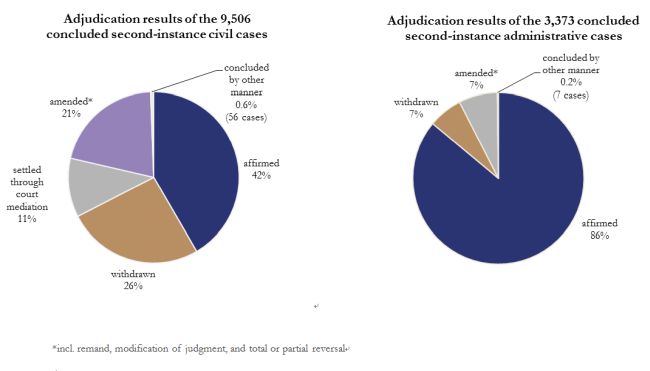
The IP Court received in total 1,934 cases that involved a party from a foreign country (1,678 cases) or Hong Kong/Macau/Taiwan (256 cases) in the past five years, representing 10.2% of the total received cases. 1,422 cases were concluded or about 9.1% of the total concluded cases.
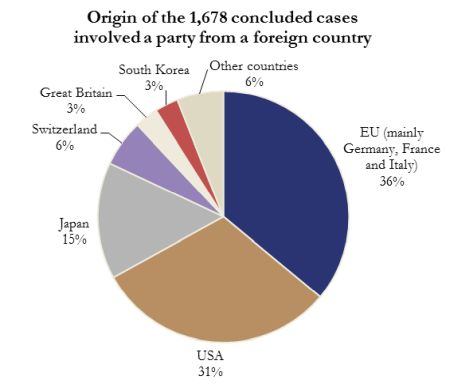
The above is a summary of the highlights from the Annual Report. As you can see, the IP Court has been very active and continues to receive and conclude a large number of cases during the past five years.
Footnotes
1. Appeals of first instance civil case judgments or rulings made by High Courts, IP Courts, and Intermediate Courts nationwide regarding all patent and other IP cases of technical nature.
2. Appeals of first instance administrative case judgments or rulings made by the Beijing IP Court regarding examination or invalidation of all patents, new plant varieties, or integrated circuit layout designs. And appeals of first instance administrative case judgments or rulings made by High Courts, IP Courts, and Intermediate Courts nationwide regarding administrative decisions involving all patent and other IP cases of technical nature.
The content of this article is intended to provide a general guide to the subject matter. Specialist advice should be sought about your specific circumstances.

